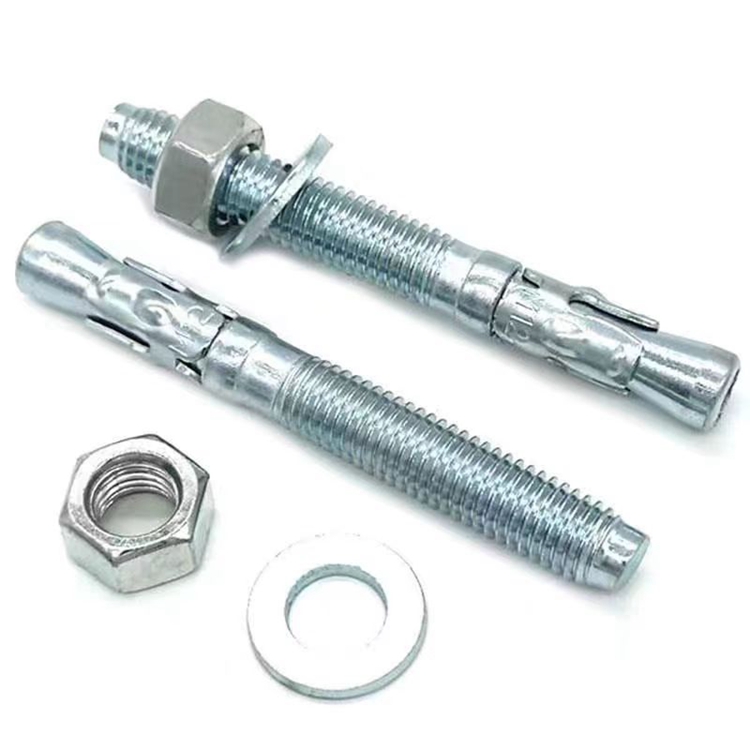14 bolts factories
Nov . 14, 2024 05:42 Back to list
14 bolts factories
The Significance of 14% Bolt Factories in the Manufacturing Industry
In the ever-evolving landscape of manufacturing, the significance of bolt production cannot be overstated. Bolts serve as one of the fundamental components in various applications, from construction and automotive assembly to electronics and machinery. Among the key players in this sector, 14% bolt factories have emerged as vital contributors, playing a crucial role in ensuring quality, efficiency, and innovation.
Understanding 14% Bolt Factories
The term 14% bolt factories refers to a specific segment of the bolt manufacturing industry, which is characterized by their capacity to engage in sustainable production practices, innovative technologies, and workforce development. These factories account for a significant portion of the global bolt production, representing approximately 14% of the total output. They are often equipped with state-of-the-art machinery and employ skilled labor to produce a variety of bolts that meet stringent quality standards.
Economic Contribution
The presence of 14% bolt factories contributes positively to the economy. By generating jobs, these factories provide livelihoods for thousands of workers. Additionally, they stimulate local and regional economies through the procurement of raw materials and services. The ripple effect of their operations extends beyond direct employment; supply chains flourish as local suppliers benefit from consistent demand. Moreover, the taxes and revenues generated from these factories support public services and infrastructure development.
Technological Advancements
One of the standout features of 14% bolt factories is their commitment to technological advancements. These manufacturers invest heavily in automation and digitalization to enhance production efficiency. With the advent of Industry 4.0, many factories are integrating smart technologies such as IoT (Internet of Things) sensors, robotics, and AI-driven processes. This not only elevates productivity but also significantly reduces waste and energy consumption, aligning with global sustainability goals.
14 bolts factories

Quality Control and Standards
Quality control is paramount in bolt production, particularly given the critical role that bolts play in structural integrity and safety applications. Factories that comprise the 14% segment often adhere to rigorous international standards such as ASTM, ISO, and others to ensure the highest quality in their products. Advanced testing methods, including tensile strength tests and failure analysis, are routinely employed to validate their manufacturing processes and ensure that bolts perform reliably under various conditions.
Challenges Facing the Industry
Despite their contributions, 14% bolt factories face several challenges. Fluctuations in raw material prices can impact production costs, and competition from low-cost manufacturers continues to pressure established factories. Additionally, the call for sustainability necessitates ongoing investments in eco-friendly practices and technologies. Adapting to these challenges requires resilience and innovation to maintain competitiveness in a global market.
Future Outlook
Looking ahead, the future of 14% bolt factories appears promising. As industries worldwide continue to expand and evolve, the demand for high-quality, reliable fasteners will likely grow. Moreover, the push for green manufacturing practices will propel these factories to adopt more sustainable methods. By embracing innovation, investing in employee training, and maintaining stringent quality controls, 14% bolt factories can solidify their role as leaders in the manufacturing sector.
In conclusion, 14% bolt factories are not only essential to the manufacturing landscape but also exemplify the potential of the industry to adapt and thrive in a competitive global market. Their commitment to quality, innovation, and sustainability positions them as key players in the future of fastener production, ensuring that they remain integral to various applications and infrastructure development worldwide.
Latest news
-
High-Quality Panel Stud Bolt Reliable Panel Stud Bolt Factory & Suppliers
NewsJul.08,2025
-
High-Precision Fine Thread Locknuts Manufacturer & Supplier Custom Solutions
NewsJul.08,2025
-
PH Imperial Stud Bolt – High Strength Fasteners from Leading Supplier & Factory
NewsJul.07,2025
-
High-Quality Allen Wrench Bolts Leading Factory, Company & Suppliers
NewsJul.07,2025
-
Wholesale Ball Stud Bolt - High Quality Supplier & Factory Price Reliable Wholesale Ball Stud Bolt Company
NewsJul.06,2025
-
High-Strength Alloy Bolts Manufacturer & Supplier Quality Alloy Fasteners Factory
NewsJul.06,2025
